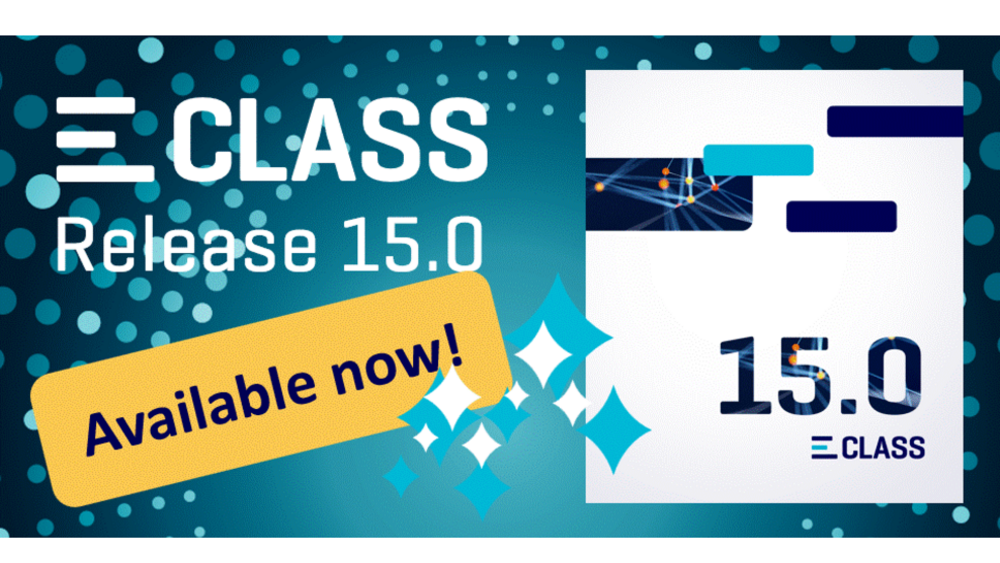Content for Videoplatforms und Social Media Platforms will be disabled automaticly. To see
content from external sources, you need to enable it in the cookie settings.
Hide Cookie Information
YouTube
We use the YouTube service on this website. This allows to show you videos directly on the website and enables you to use the video function conveniently.
When you visit the website, YouTube receives the information that you have accessed the corresponding subpage of our website.
Further information on the purpose and scope of data collection and its processing by the plug-in provider can be found in the provider's privacy policy.
| Provider: | Google |
| Privacy source url: | www.google.de/intl/de/policies/privacy |
| Host: | youtube.com |
GoogleMaps
We use the GoogleMaps service on this website. This allows to show you interactive maps directly on the website and enables you to use the map function conveniently.
When you visit the website, Google receives the information that you have accessed the corresponding subpage of our website.
Further information on the purpose and scope of data collection and its processing by the plug-in provider can be found in the provider's privacy policy.
| Provider: | Google |
| Cookiename: | NID-Cookie |
| Privacy source url: | https://policies.google.com/privacy?hl=de&gl=de |
| Host: | google.com |
LinkedIn Insight Tag
The LinkedIn Insight Tag allows us to collect data about visits to our website, including URL, referrer, IP address, device and browser characteristics, and timestamp. The data is encrypted, anonymized within seven days, and deleted within 90 days. This information helps us improve our LinkedIn advertising campaigns.
| Provider: | LinkedIn Ireland Unlimited Company |
| Cookiename: | li_fat_id, li_sugr, UserMatchHistory, bcookie, bscookie, lang, AnalyticsSyncHistoryli_fat_id, li_sugr, UserMatchHistory, bcookie, bscookie, lang, AnalyticsSyncHistory |
| Runtime: | 180 days |
| Privacy source url: | https://de.linkedin.com/legal/privacy-policy?trk=linkedin-tc_auth-button_privacy-policy |
| Host: | linkedin.com, ads.linkedin.com |


